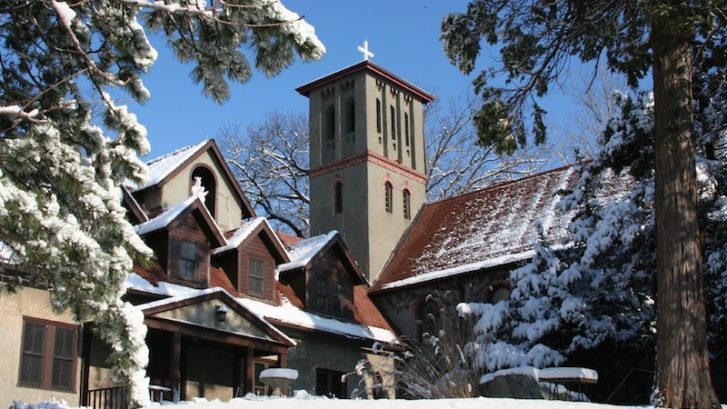By: Fr. Damian MacPherson, SA
In my childhood days there never was any effort to connect the retelling of the Bethlehem Story with ecumenism, the search for Christian Unity. In those days, prior the Second Vatican Council, Catholics were not encouraged to think, speak or act ecumenically. In the Catholic mind Protestants curried suspicion because of what the Protestant Reformation did to the Catholic Church.
The separation of Catholics and Protestants did not encourage that we commonly celebrate the joy-filled event of the Birth of Jesus, the Prince of Peace. Protestants never saw our toys at Christmas and we certainly did not play with theirs. That is just the way it was and not a lot was said about the existence of such a sad division.
Substantial change occurred when Pope John XXIII summoned the cardinals and bishops from throughout the world to revaluate past practices and bring the Church to a new understanding in the Modern World. A primary emphasis was the Roman Catholic Churches’ relationship with the Anglican, Orthodox and Protestants. A driving force for the radical change was a new and more complete understanding of the words of Jesus in John’s gospel, (ch. 17:21 ‘that all may be one’).
Today, the Christian Celebration of Christmas gives public notice of the serious change which has occurred between Protestants and Catholics. In the Catholic Celebration of the Christmas Eucharist today we sing Protestant Christmas carols. For example, to mention but a few: “Joy to the World”, “We Three Kings of Orient Are” and “Hark the Herald Angels Sing”. Today Christians warmly greet and exchange Christmas greetings with one another without an inkling of suspicion. Also, it is no longer uncommon for couples in mixed marriage to attend one another’s church celebration at Christmas and engage with one another in celebrating other festivities throughout the Christmas Season.
Wherever gestures of Christian Unity are found, there also is something of God. In the annual retelling of the Bethlehem Story there occurs a multiplicity of such gestures, bringing forth the slow but steady fulfillment of John 17:21.
When we look back to what used to be and compare with what is today, we cannot but recognize how the Holy Spirit has transformed and given deeper meaning to the celebration of Christmas and its positive ecumenical influence throughout the Christian world.
We can never be comfortable simply with the ways and means by which Christmas and ecumenism engage our faith practice because our common call is to give daily manifestation, to be responsible disciples in bringing about the full and complete unity of the Christian Church. One Lord, one faith, one baptism is the greatest gift ecumenism could offer.

